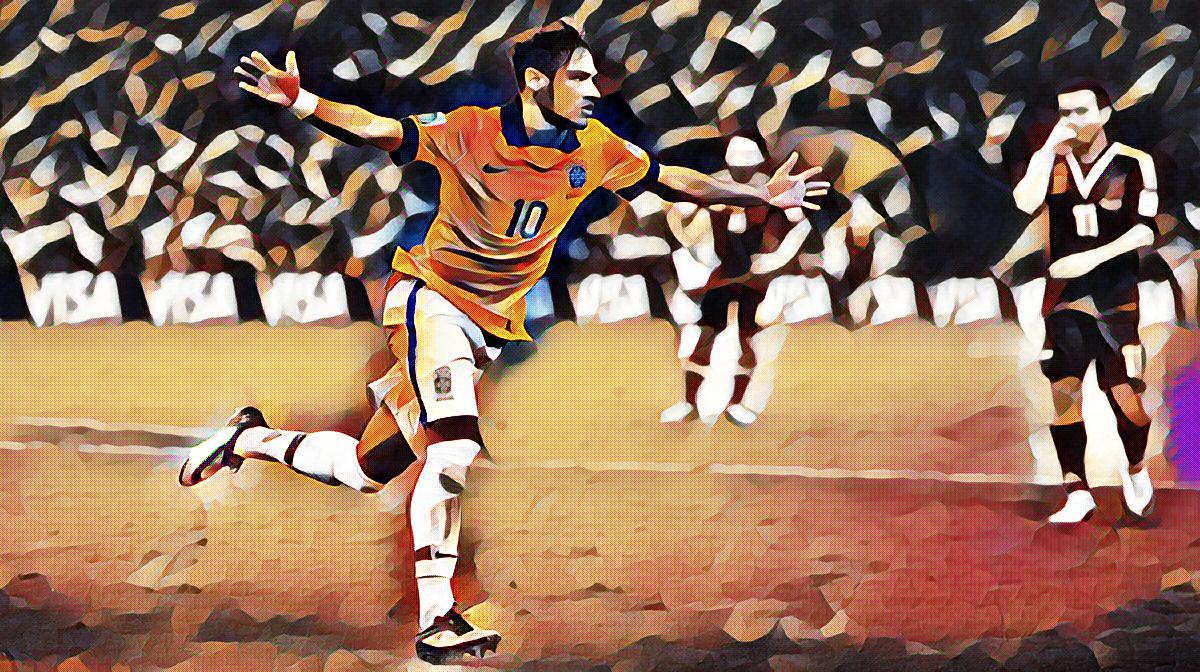The worst team in the world is winning too much
One Brazilian team holds an unusual record: they failed to win a single match in almost four years. After 44 defeats and 11 draws, 76 supporters saw their team beat Santo Amaro 3-1 and break the spell. But history was already written and Ibis became known as the worst team in the world.
To put it in perspective, Crystal Palace has just set the record for the worst start of a season in the Premier League after six defeats without scoring a single goal – and extended it to seven. It’s a lot, but six weeks cannot be compared to four years.
The feat is not just an urban legend: it was certified by Guinness World Records. Surprisingly the club actually proudly embrace this title that made them known all over the country. Every football fan in Brazil likes Ibis and knows a bit of their story.
From 1975 to 1984 they played 108 games and lost 102, having scored 46 goals and conceded 476. Their biggest idol, Mauro Shampoo, wore the classic number 10 for ten years and scored a single goal. In his words, it was the biggest moment of his life. His nickname is due to the fact he was a football player and hairdresser. An iconic figure, no doubt.
Another idol of the club is more recognisable. Vavá was the lead striker for the Brazilian national team that won the World Cup in 1958 and 1962. He was among the top goalscorers in the second tournament and became known as one of the most lethal forces up front at the time. He never really played for Ibis, but spent a year in their youth team when he was 14 years old, in the year they actually won one of their four honours. In a club with so few sporting accomplishments, it is surely something to remember.
They gained national fame, but no-one was really following them closely. Social media gave a new scale and scope to all this. Ibis started to use Twitter better than most big clubs, challenging them when things go sour in the first division, making fake bids for players in bad form and engaging in a very funny way with all kinds of fans.
A new problem emerged, though: Ibis started to win.
After six games played in the second division of Pernambuco’s State Championship, they won four and had two draws. The official Twitter account of the club gave the news using the hashtag #shame. Their posts are overloaded with comments demanding the manager to be sacked and questioning the players’ attitudes. A crisis took over.
It is all a joke, of course, but the simple fact a team survives for almost 80 years having won less than 15 percent of their matches is absolutely remarkable. This small club from Pernambuco gained a crazy reputation and became one of the most successful clubs in Brazil.
What is success anyway? Isn’t Athletic Bilbao one of the most successful clubs in Europe, despite not winning many titles? Their goal is not to be the strongest side, but rather to represent the region through football, using only Basque players. The majority of their squad are source of their own youth systems and this is the only team never to have been relegated from La Liga, alongside Barcelona and Real Madrid. Titles don’t really matter. Athletic is definitely a huge success.
Ibis play a different game from the others. They are still a disaster on the pitch, but this is exactly what keeps the club going. The first division of Pernambuco’s State Championship is little showed on the news in the big centres of football around the country. The second division would never be noticed if it wasn’t for Ibis’ good form.
People say the best way to become a millionaire is to start as a billionaire and buy a football club. The Ramos family, in front of Ibis since their beginning, was surely never in this track. But in a country with almost 700 professional teams and millions of football lovers, they managed to enter history – even if from the back door. In a bizarre way, a successful story indeed.
What happens if they really start to win? It’s impossible to know for sure, but if history has taught us something is this: the winning streak is not very likely to go on for long.
